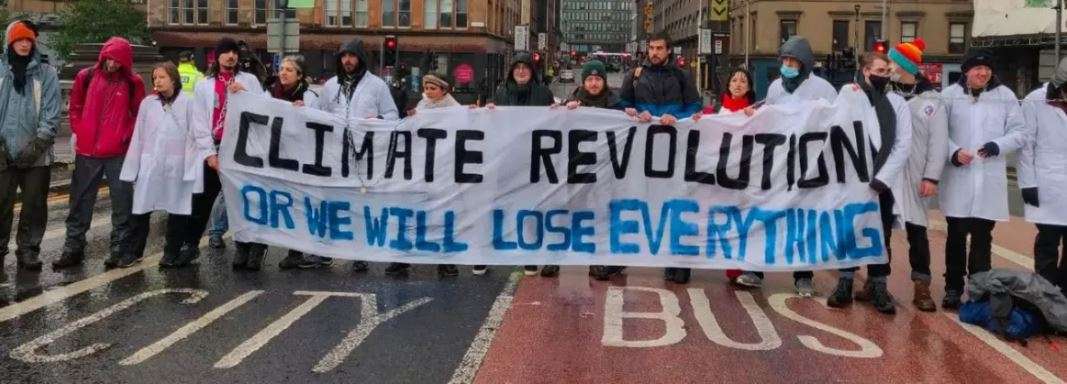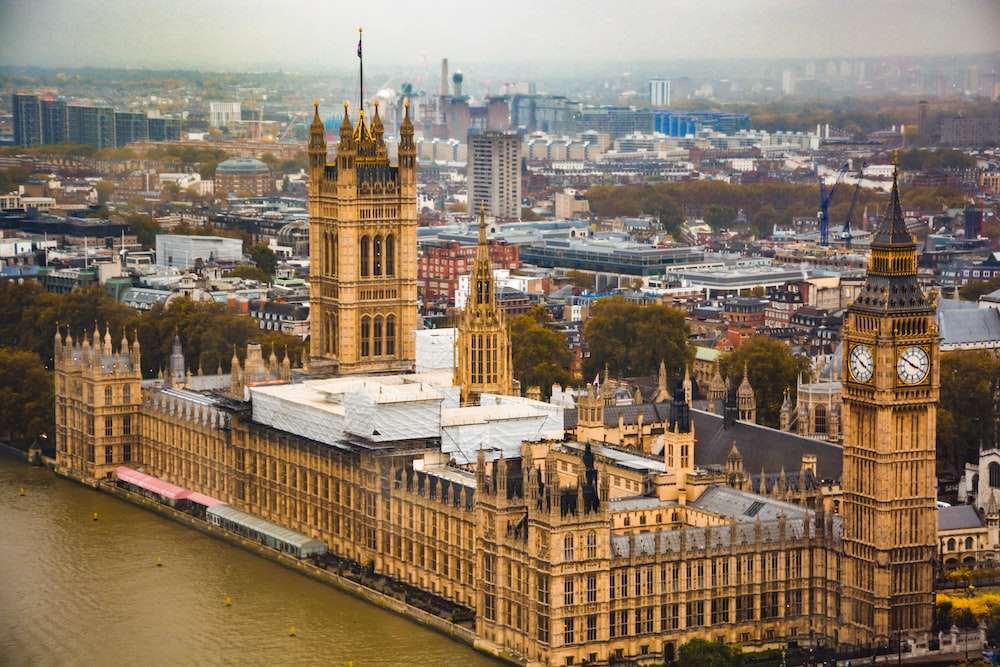‘Who Moved My Cheese’ was written by Dr Spenser Johnson in 1998 to describe the different ways one reacts to major changes in their work and life. Reactions to messages in the book – namely to accept, adapt and to anticipate change – were mixed, however, it did have one key phrase which is relevant today: “if you do not change, you can become extinct”.
The climate revolution is upon us and the momentum cannot be stopped.
We may sympathise with protests crying out for genuine action to be taken. However, the targeting of business aviation by climate activists, the press and politicians can often feel unfair.
The reality is that the world always needs someone or something to blame: humans need a scapegoat. Business aviation is the scapegoat du jour.
Yes, we can say that accusations against business aviation are based more on perceived privilege rather than factual reality of the environmental impact. Complaining of unfairness never helps and won’t win any friends.
As with every revolution, the seeds of counter revolution are also sewn. The ESG investment backlash from many US Republicans and investment bankers was predictable as the inherent contradictions in ESG investment showed that the emperor had no clothes.

The mixed messaging and lack of strength from an oil focused COP28, and the political flip-flopping of making climate commitments to gain popularity, then withdrawing in favour of economic growth and national interest did not need a crystal ball to predict.
Maintaining the status quo either because it is ‘too difficult’ to change or too financially rewarding is not an option. The science is undeniably clear – change must happen to save the planet. And we as an must embrace change in our attitude or face a clampdown on our license to operate as an industry.
The most viable solution for business aviation is to use core strengths in our arsenal: evolution and adaptability. While the speed of evolution runs much slower to the drum beat of revolution, the ability of business aviation to adapt, change and evolve will be key to survival in a hostile environment.
These core business aviation strengths must be actively communicated and actioned by the aviation industry as a whole to demonstrate unity; something the industry is currently lacking. Despite the efforts of the NBAA through its Climbing. Fast. campaign and EBAA through its media releases and political lobbying, the business aviation industry is not working together for a unified message.
Fissures are appearing: commercial aviation looks to business aviation to fund SAF development, national airports want to prevent business aircraft in favour of commercial, political pressure seeks to impose luxury and fuel taxes on business rather than commercial aircraft and so on.
In 2024 political pressure to impose further penalties on business aviation will be ever present due to 30 national elections taking place (including the US, India, the UK and 10 states in Europe).
As a result, the ‘quick win’ mentality of many politicians is likely to turn a blind eye on to the benefits of business aviation and focus on easy mass votes. The challenge will be for business aviation to stand fast, actively communicate its message and maintain its evolutionary path for a cleaner climate future amongst the revolutionary battlefields.



